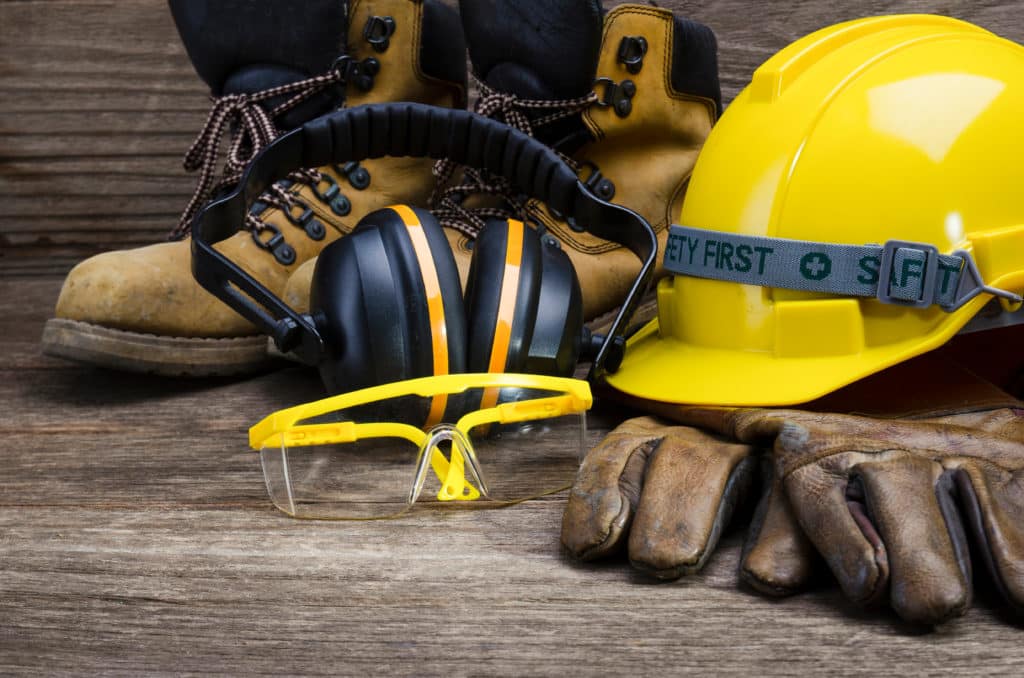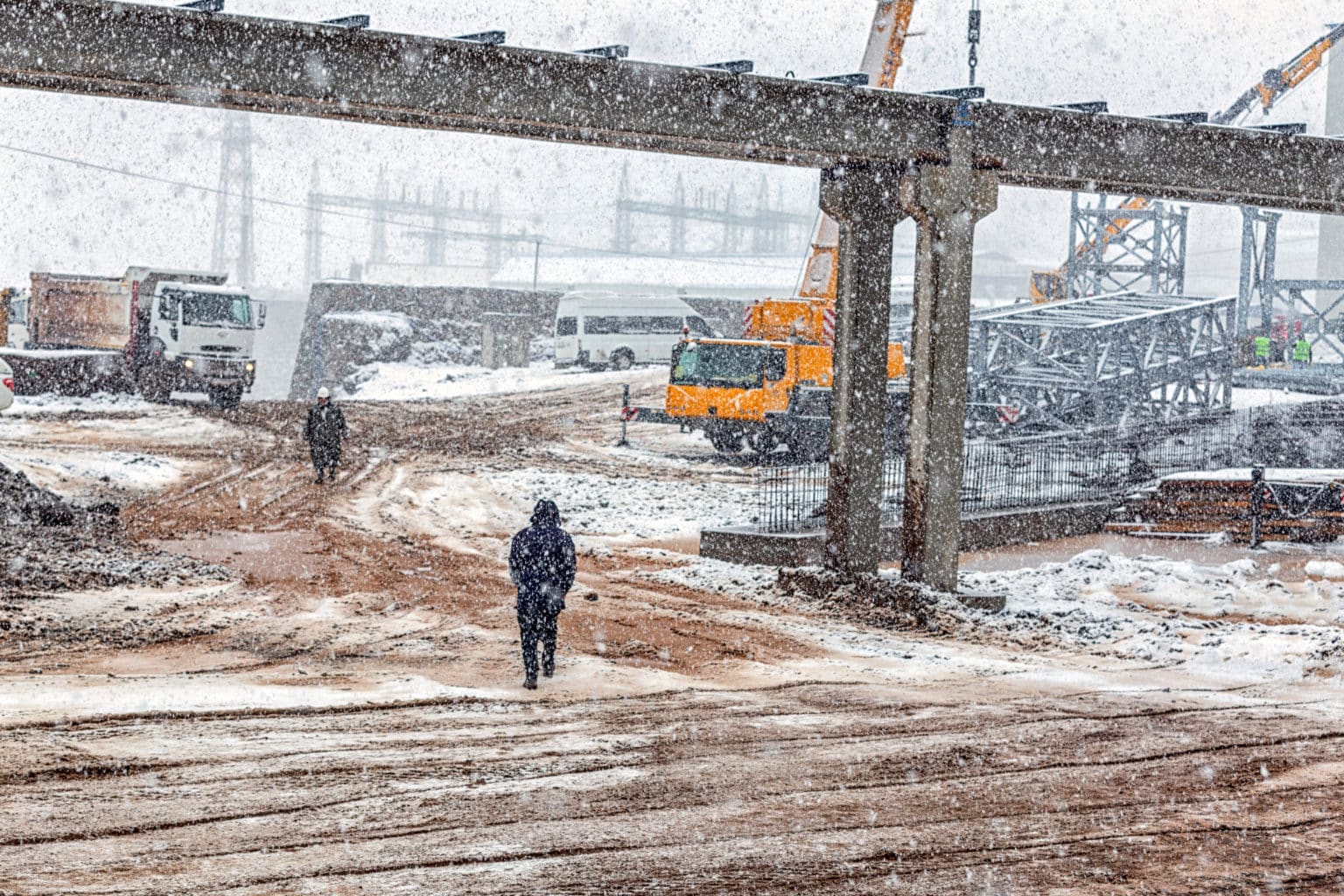Working in construction, there are many different risks you need to be aware of. This includes severe weather, a significant risk in the construction industry that comes in many different forms.
Extreme weather can have a range of effects on your construction projects, ranging from minor annoyances to major threats like delays or accidents. As such, you must take steps to mitigate the impact that severe weather has on your site.
In this article, we’ll discuss five ways to protect against extreme weather in construction.
1. Get the right cover
Weather-related damages on your construction site are largely out of your control. That’s why it’s vital you take out a builders’ insurance policy that includes contract works cover. Doing so will ensure that, even if all else fails, your construction business isn’t at financial risk as a result of severe weather.
2. Monitor the weather
You must keep up to date on local weather forecasts and warnings for your site’s local area. This can help you recognise and plan for potential risks in advance, giving you a better chance of effectively preventing them from causing damage.
There are many sources of UK weather information you can use. This includes the Met Office, which not only provides forecasts to the whole of the UK but also provides specific meteorological solutions for construction projects.
3. Make contingency plans
If you understand the different weather risks in your building site’s area, you can start to make plans to mitigate the different extreme weather events that could take place. This will help you mitigate the impact of such events and increase your chances of delays or other costly issues extreme weather could cause. Proper contingency plans should include relevant safety training and the proper protocols that site workers should follow.

4. Invest in the right equipment
You need to ensure that all workers are equipped with proper personal protective equipment when working in harsh weather conditions, including hard hats, goggles, masks, and heavy-duty gloves. This will help to prevent injuries or accidents that can be caused by the weather such as falling debris.
You should also invest in high-quality tools that are robust enough to endure extreme weather. Consider equipping your team with equipment that helps take the edge off the weather too, like heavy-duty heaters or waterproof plastic sheeting.
5. Be adaptable
In many cases, the simplest way to protect against extreme weather is to stay flexible. If you know that adverse conditions are on their way, then be ready to start working earlier or split tasks into smaller sections. Similarly, your team needs to be adaptable. Ensure that your team has sufficient warning that bad weather is on the way and that everyone knows what to do to protect the project.
